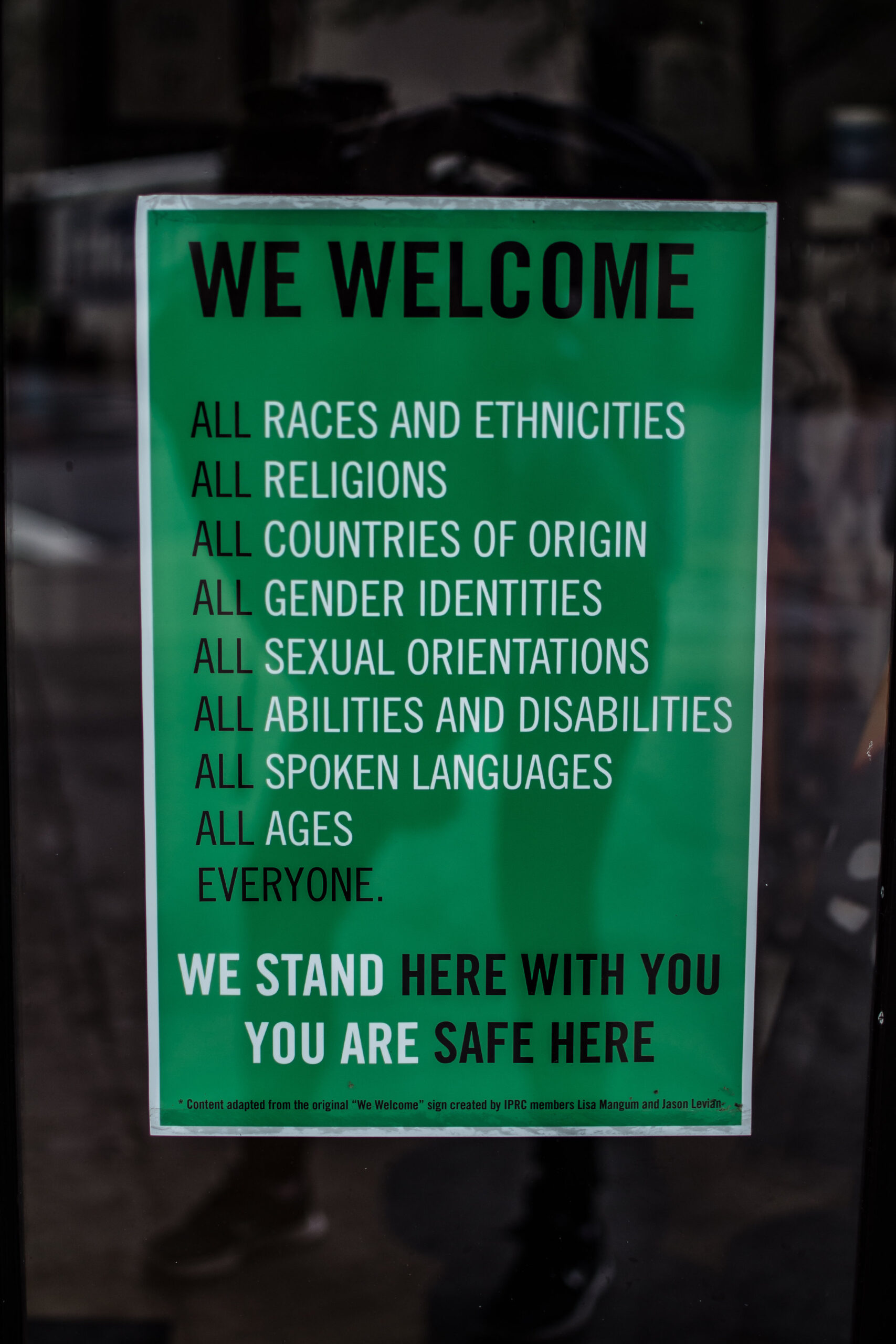It is a diversity problem.
Facebook sees its users as a singular global community, much like how we are all citizens of planet Earth. Facebook regulates by having a common set of rules it has decided as the community standard. This standard evolves and changes all the time as it is challenged with new and interesting scenarios.
Good background listen: RadioLab — Post No Evil Redux
As communities scale up to 1000s, 10000s, millions and billions, these standards start to break down.
Each of us hold a very different opinion of our world due our diverse backgrounds. Usually, we find ways to form groups and micro-communities to be with their like-minded counterparts. People in these communities start to congregate and solidify ideas around some key principles that guide their path in the world. Micro-communities strengthen the core beliefs of their members. While each individual may have slightly differing viewpoints, it is often overridden by their appetite to be in a community. Humans are, after all, communal creatures. This has allowed us to survive and dominate the planet for all this time.
For humans, the differences of their ideology is just as important. Their backgrounds and histories fuel them to appreciate and maintain the differences. These attributes help us grow and progress as people. This diversity of thought makes us creative and innovative. Therefore, it becomes important for us to support the idea of multiple micro-communities with diverse viewpoints.
What this really means is that there is no one standard we can apply to a billion people. If you look around, these diverse sets of standards are everywhere in our physical world. Whether it is countries states and districts or competing supermarket chains, people follow ideologies and split themselves up to identifiable groups. It helps them have a sense of belonging, self-worth and feel safe.
So, Facebook should stop maintaining their big list of opaque community standards. There is just no one way to define what is an acceptable level of nudity in the platform (among many other debates…).
They should move towards a model like Reddit’s where there is only a base set of company standards everyone adheres. These standards are just minimal expectations. Each of the micro-community (subreddit) moderators have the opportunity to set their own rules that build upon the base ones. This model appreciates the diversity in our community.
The problem no one has definitively solved is the one of allowing these diverse ideas to mix. How do we meaningfully facilitate the crossover of these ideas? Learning from each other is very much part of us growing as a community. For a platform like Facebook, it is also their business model. There is huge monetary value and opportunity in being able to inject new ideas into existing groups of people.
This is where simplistic metrics like “user engagement” starts to work against big platforms. A peaceful community is at medium engagement at best. Everyone is talking about new ideas and learning from one another. With higher levels of engagement, we might be looking at conflict points. Algorithms have to take more care; they are the spreaders (and catalysts) of ideas in these modern day social platforms after all. They have to work against their own appetite to engage users. Or perhaps, work as a set of algorithms that compete for balance of some sort.
If we inspect how moderation happens in the physical world, you can think of legal and justice systems as micro-communities too. Some individuals and groups respond to the calling of maintaining peace and safety. Platforms like Facebook shouldn’t be creating “a global court system”. It feels like a silly idea stemming from the belief that a community has a global standard. Instead, they should encourage and facilitate the creation of entities that uphold peace and safety. Their base standards should only allow to restrict poor business practices and guard against more universally accepted destructive human behaviour. They need to elevate groups that hold communities together and hold them accountable to the standards they set. Means for content moderation should be built on the back of these key community interactions.
We have to stop thinking of ourselves as one big idealistic western-valued society. We are not. This is working against our progress as a society. We are a diverse group, learning to exist together in a common place. Facebook should embrace the diverse nature of humanity.


Leave a Reply